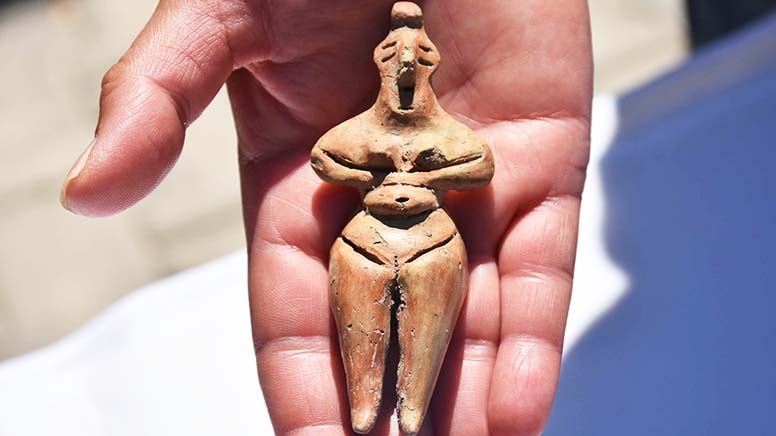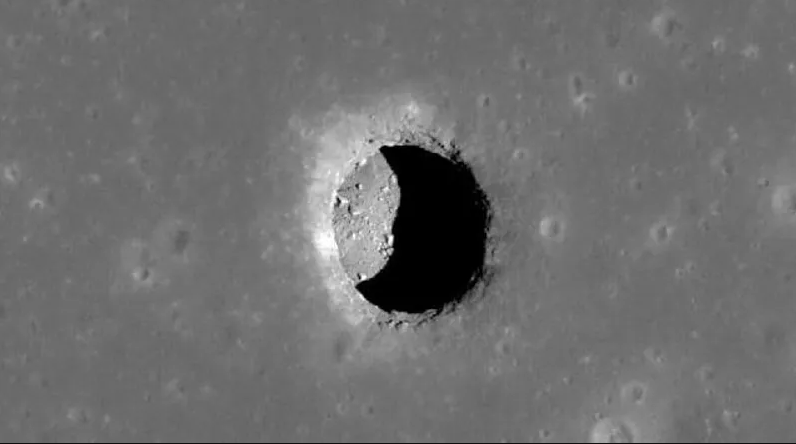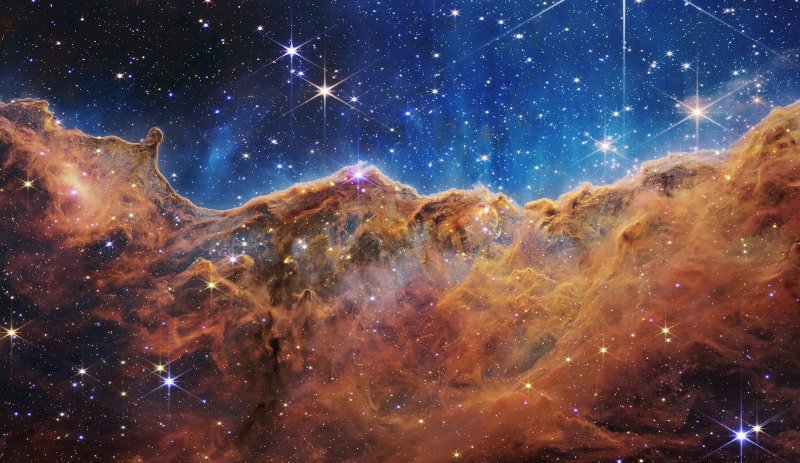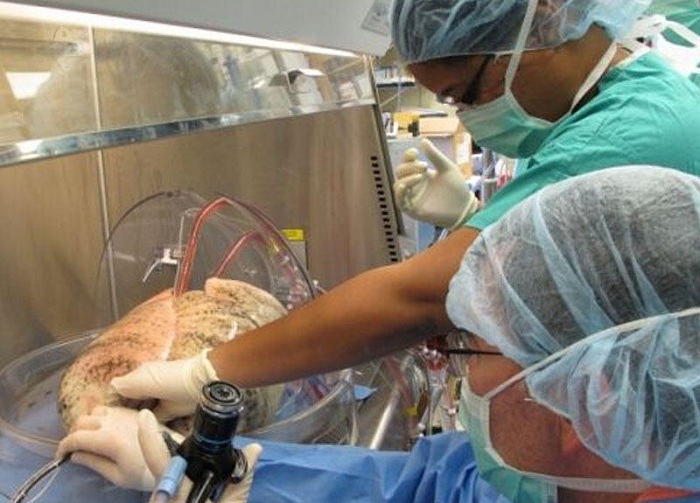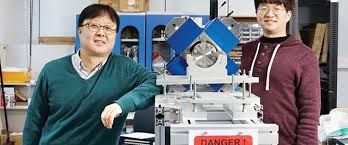
- A-
- A
- A+
Physicists have made a breakthrough in creating a new particle accelerator
As a result of 20 years of research, an international team of hundreds of scientists for the first time successfully demonstrated the ionization cooling of muons. The new muon accelerator, which will replace the LHC, will help to better understand what matter consists of at a fundamental level.
The breakthrough occurred as part of the high-energy physics experiment MICE, which brought together the efforts of many scientists from around the world. Researchers have achieved ionization cooling of muons, having solved one of the most important tasks on the path to the construction of muon accelerators.
“This achievement is especially significant because it can change the paradigm of developing a lepton collider that will replace the Neutrino Factory or the Large Hadron Collider (LHC),” said Professor Moses Chun.
Similar News
Links



 Elm TV
Elm TV
 Photo
Photo
 Video
Video
